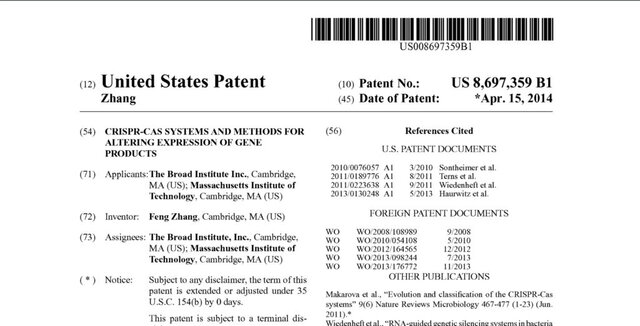Patently Unguaranteed

I am negotiating to buy a small company that will not provide any guarantees that it validly owns the IP I am buying or that the product does not infringe anyone else’s IP rights. Is this normal?
Blood is often spilled over these terms, so the fact of a fight is not surprising, at least with regard to the second issue.
On the first issue, the seller is being unreasonable. Title and ownership are fundamental. I immediately wonder whether the seller is hiding some bad fact. In a normal situation, the seller has proper assignment agreements from everyone who contributed and knows whether it incorporated any third party code into the product without permission.
You should certainly do your own diligence, but that is not a substitute for a representation or warranty (“rep”) on the issue. You should be able to verify valid assignment agreements from everyone who contributed. Also, tools and services exist to help you learn whether the product contains code from Internet repositories so you can determine needed permissions, and, in the case of open source software, obligations (more on this in the future).
Ultimately, if the seller has no belief in valid title, what is the seller selling? One can at least search for liens and ownership for real property. For intellectual property, however, one cannot. The seller’s rep and your confirmatory diligence are all you can rely upon.
The second dispute is more common. The seller often has a hard time giving a rep which says that the product absolutely does not infringe any third party right. Almost every reasonably good product likely infringes a few patents. Depending on your bargaining power, you can often get an absolute rep on the issue with consequences. If you cannot, there are certain reps that a seller can definitely give, such as that the seller is unaware of any claims and has received no notice of any potential claim from any third party.
Ultimately, reps about IP (or anything else) come down to allocation of risk. Who should bear the consequences when something bad occurs? If the product infringes a third party’s patent, is this something the seller or you should pay for?
I think about risk a few different ways. First, if you had to buy (hypothetically) insurance from an independent party to protect against the risk, what would the premium be? If you are asked to assume the risk, you should at a minimum deduct that amount from your purchase price since you are, in effect, self-insuring.
Of course, it is not so simple. While the “expected value” of the risk may be low, the “risk of ruin” may be catastrophic. We will discuss these terms in detail later, but think of the former as the blended value over thousands of instances and the latter as how often the worst case happens, especially if that case results in your inability to continue your business or sell the product you just purchased. You have to quantify both dimensions of risk, as well as the scenarios to respond should the worst happen. For example, is the product off the market entirely, or can you buy a license or redesign with only some loss of time?
If you do have rep, you have to enforce it. The simplest way is to have some amount of the purchase price held in escrow for a reasonable period, often one to two years. Otherwise you must sue the selling shareholders, most of whom will have long spent the money. We will discuss all of these issues in great depth in the future.
Responses